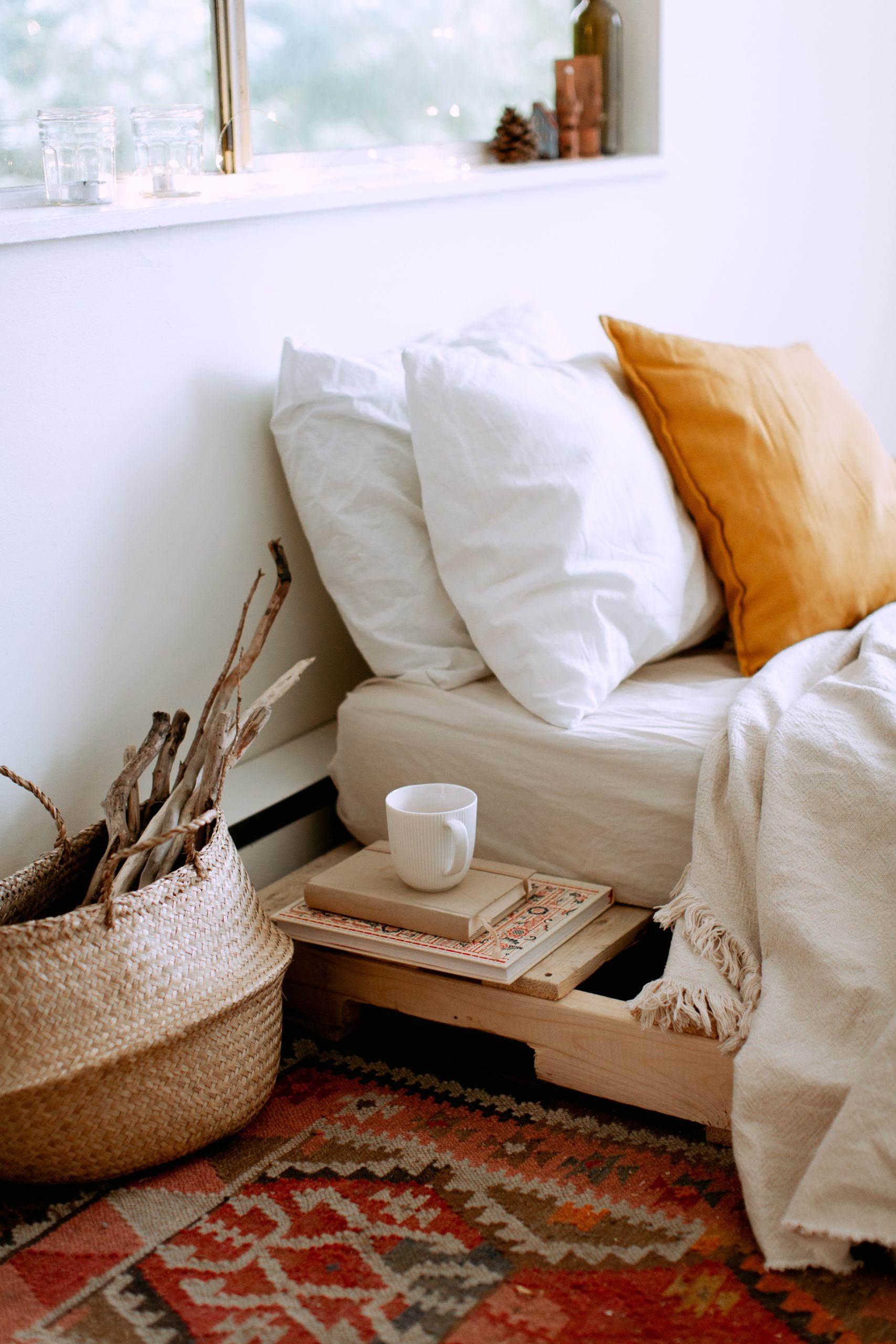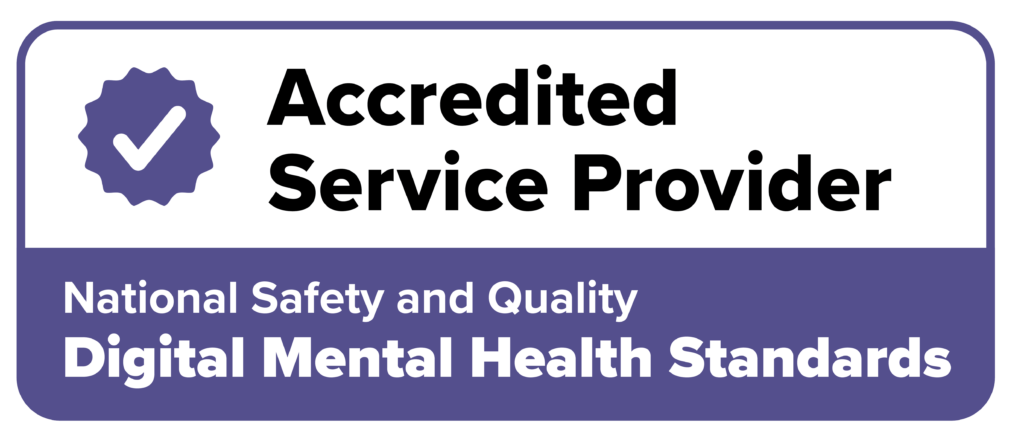SLEEP is an important topic – when we feel tired or sleep deprived small life issues can quickly become more difficult. If you have experienced trauma as a child, or you live with post traumatic stress disorder (PTSD) or complex PTSD it is quite likely that you also experience one or more of the following: sleepless nights, impaired sleep, sleep disorders, broken sleep, nightmare intrusions, insomnia, hypersomnia.
Tips to improve sleep
A good night’s sleep provides many benefits. In this article we will consider the prevalence and impacts of sleepless nights and insomnia. We will provide some ideas and tips that may help if you are having trouble sleeping.
Why Is Sleep So Important?
The Sleep Health Foundation recent survey found that inadequate sleep is “very common in Australian adults, affecting 33-45% of adults (across all age groups).” The average reported sleep time was 7 hours, with 12% sleeping less than 5½ hours and only 8% reporting sleeping more than 9 hours a night. The majority of respondents that sleep less than 5 ½ hours noted frequent daytime impairment or sleep-related symptoms.
Sleep disorders and insufficient sleep have been linked to cognitive function and mental well-being. Reports include changes in mood, thinking, concentration, memory, learning, vigilance and reaction times. Sleep disorders have been strongly linked to a diverse range of health problems and chronic diseases.
A fascinating recently published study is the first to show a two-way relationship between sleep loss and becoming socially isolated, shedding new light on the global loneliness epidemic. In the study they found sleep loss blunted activity in brain regions that normally encourage social engagement. “Without sufficient sleep we become a social turn-off, and loneliness soon kicks in.” Yasmin Anwar, University of California – Berkeley. read more here
Neuroscientist Matthew Walker, author of, Why We Sleep, “explains the power of circadian rhythms, the therapeutic importance of Rapid Eye Movement (REM) dream sleep, and how alcohol, caffeine, pharmaceutical stimulants and sedatives disrupt sleep cycles and degrade the quality of brain waves that promote the rich slumber that wards off illness…”
“…There does not seem to be one major organ within the body, or process within the brain, that isn’t optimally enhanced by sleep (and detrimentally impaired when we don’t get enough). That we receive such a bounty of health benefits each night should not be surprising,” Walker writes
Are you one of those people that can never sleep more that 4-5 hours at night? Do you find that you catch up on sleep later in the day? Or at least try to. This is not uncommon and you might be a bi-modal sleeper. “Although we aspire to have consolidated sleep, this may not suit everyone’s body clock or work schedule. It might in fact be a throwback to a bi-model sleep pattern from our pre-industrial ancestors” read the article Insomnia was not discussed in literature until the late 19th century and this when the records of split sleeping ceased and modern society started to place pressure on the idea of one continuous solid sleep.

Managing Nightmares
Nightmares and intrusive thoughts are a common problem for people who have experienced trauma. It can feel like you are re-living the events over and over each night. If this is a persistent problem, consider getting some support from your therapist or the counsellors on the Blue Knot Helpline. You may also like to look at the advice for managing nightmares from Living Well – written for men however equally useful for everyone.
7 Ideas To Improve Sleep
1. Take A Warm Bath Or Shower. The contrasting temperature between the warm shower and your cool bedroom helps with sleep onset by sending a signal to the body to produce the sleep-promoting hormone melatonin, which induces sleep. Enjoy a warm bath or shower just before bed.
2. Create a Peaceful Bedroom. Is the room welcoming, peaceful, calming and does it encourage sleep? Introduce cool colours, calm & inspiring pictures, images, objects and ensure the decorations are soft and comforting. Remove excess clutter, any potential triggers and known stressors from your bedroom.
3. Regular Sleep Patterns. A regular sleep routine keeps your biological clock steady. Help your body to establish a healthy sleep routine by going to bed and waking up around the same time each day, even on the weekends. Going to bed at a similar time each night allows the body to anticipate and prepare for bedtime. As a result, the routine will help you to feel sleepier at bedtime and fall asleep quicker, and you may possibly wake before your alarm.
4. Bedtime Buffer Zone. In preparation for bed, plan the time after dinner until bedtime. Separate your sleep time from activities that can cause excitement, stress or anxiety. Ninety minutes before bedtime avoid looking at computers, and smartphone screens. (remember they emit the blue light that stops melatonin production). Avoid watching over-stimulating shows on the TV. Keep the room dark and the TV a fair distance away and it may not affect you as much as a blue light from computers/ smart phones which are usually held closer to your pupils. However, restricting TV time may improve your sleep quality and quantity.
5. Can’t Sleep? Get Up. During the night do you wake up and find you can’t get back to sleep? Sometimes lying in bed, tossing and turning pushes our stress buttons. If you can’t get off to sleep, it is advised that you get out of bed, go into another room and do something relaxing in low lights until you feel tired.
6. Avoid Caffeine and Excess Alcohol. It is known that caffeine (coffee, tea, coke) inhibits sleep onset. We are advised to avoid any of these drinks after 1pm. Also avoid excess alcohol in the evening – it may act as a sedative however the sugars in alcohol interrupt deep sleep.
7. Get In The Mood. Increase the use of relaxing activities before bed – try to get in the mood: Diffuse lavender or other essential oils, play peaceful music, listen to a familiar talking book, change your bed sheets, fluff your pillows, wrap yourself in a soft rug, allow some fresh air in, lower the blinds, drink warm herbal tea or milk and so on…






